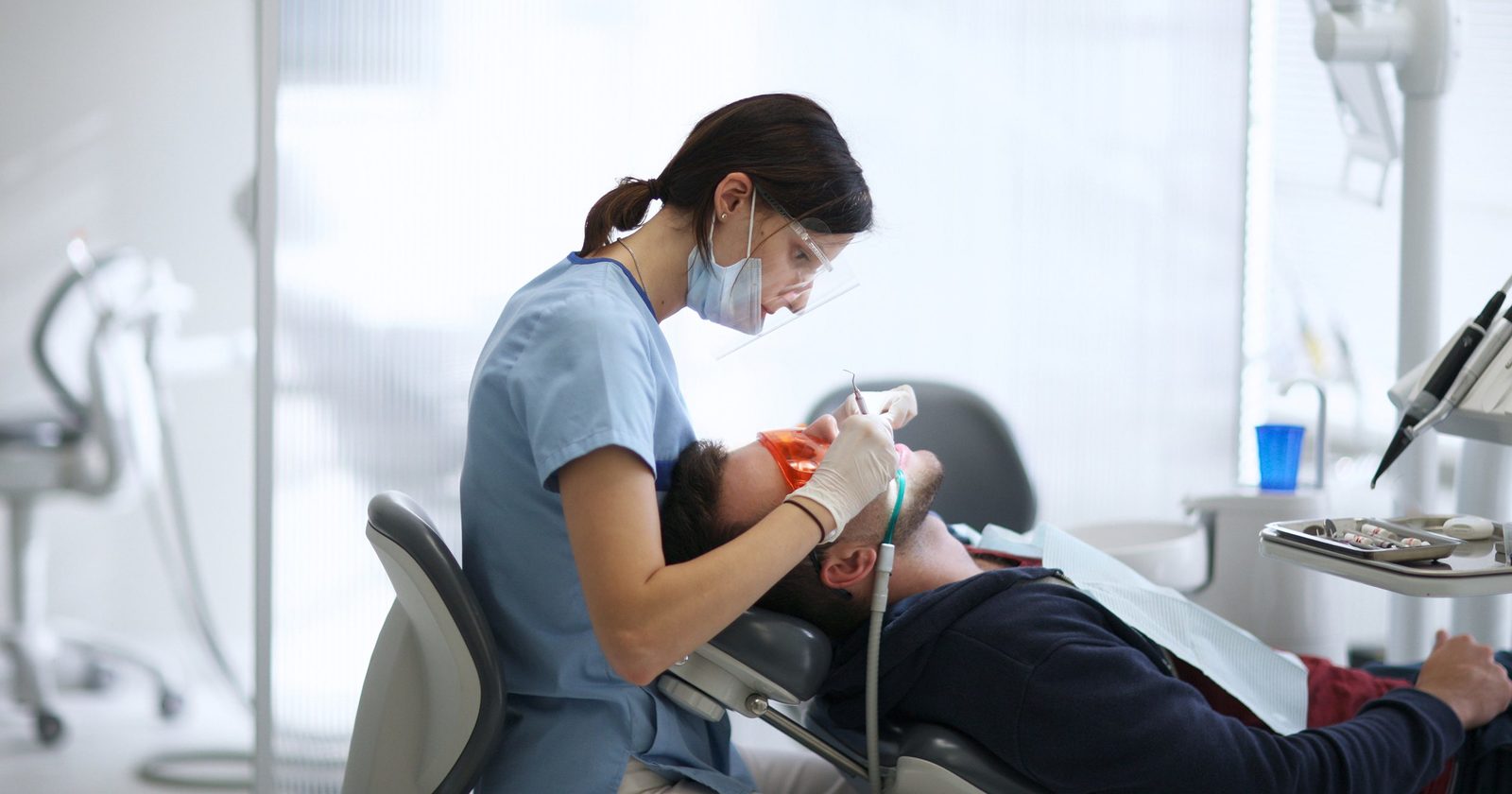 The Government needs to be honest with the public and say NHS dentistry cannot do everything for everyone, Michael Watson says.
The Government needs to be honest with the public and say NHS dentistry cannot do everything for everyone, Michael Watson says.
‘Government is quietly shifting costs of public services on to individuals.
‘Where Government can get people to pay directly for services – from garden waste to legal aid – it is increasingly doing so.’
These words from a report by the Institute for Government (www.instituteforgovernment.org.uk, 2018), written in partnership with the Chartered Institute of Public Finance, will resonate with our profession, which since the early ’50s has seen patients paying sizeable charges for their NHS dental care.
Tooth tax
Emily Andrews, associate director at the Institute for Government, told the Daily Telegraph: ‘One way the Government has tried to save money and avoid the need for tax increases is by asking the public to contribute more in other ways – from volunteers running libraries to people paying a greater share of the cost of defending themselves in court.’
The report concludes that Government needs to address openly big questions about the future of public services.
It says: ‘Tough decisions will have to be made: whether tax increases, lower expectations of services, more individual contributions or radical service changes.’
The problem is not new.
When, barely 15 months into the life of the NHS, following the devaluation of the pound against the dollar, prime minister, Clement Attlee, told the House of Commons that the Government proposed to make a small charge for each NHS prescription, he said the purpose was ‘to reduce excessive and, in some cases, unnecessary; resort to doctors and chemists.’
For NHS dentistry some of the ‘tough decisions’ were taken when, back in 1951, charges were made for dentures, followed by most other treatments in 1953 – a contribution sometimes described as a ‘tooth tax’.
Of the four aims identified by the Institute for Government, that leaves ‘lower expectations of services or radical service changes.’
‘Necessary’ treatment
Some patients have the expectation that all dental treatments are available, that they have ‘paid their (National Insurance) stamp’ and demand what is due to them.
They overlook the vital word ‘necessary’ between ‘all’ and ‘treatment’.
Over the years Governments have said that some care such as implants, adult orthodontics and ‘cosmetic’ treatments are not available on the NHS.
But what about the regular (six-monthly) check-up?
That is down to the dentist’s clinical judgement.
The Department of Health and Social Care has for the last seven or eight years been looking at ‘radical service changes’ in the form of dental contract reform.
Patients have been promised a service based on prevention, a focus on children’s oral health and to come periodontal assessments for diabetics.
There are initiatives like Dental Check by One and calls for better care for homeless and disadvantaged people.
But Ministers need to be honest with the public and tell them that NHS dentistry cannot do everything for everyone.
They must prioritise what needs to be done for health and let the private sector deal with patients’ demands for treatments.
References
www.instituteforgovernment.org.uk/publications/performance-tracker-2018 retrieved 15/10/18
Read more from Michael Watson:


